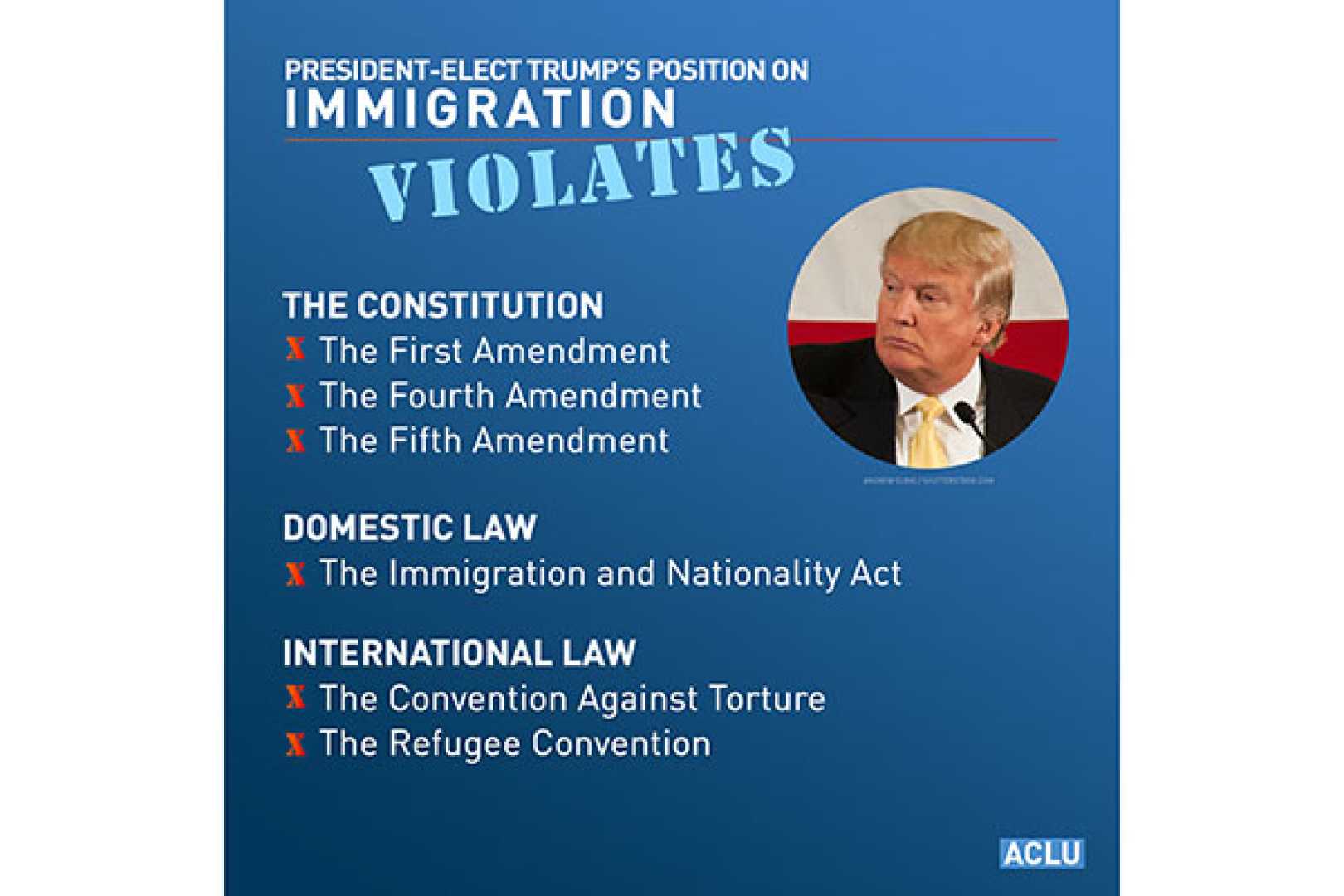Politics
Judge Approves Trump’s Immigrant Registration Requirement Amid Controversy

WASHINGTON — A federal judge has authorized the Trump administration to enforce a registration requirement for individuals in the United States illegally, which is set to take effect this week, stirring significant concern among immigrant communities across the country.
On April 11, 2025, Judge Trevor Neil McFadden, a Trump appointee, ruled that the administration was reinforcing an existing law mandating that all undocumented residents register with the federal government. The judge’s decision focused on procedural issues rather than the merits of the case presented by advocacy groups attempting to halt the implementation.
“President Trump and I have a clear message for those in our country illegally: leave now. If you leave now, you may have the opportunity to return and enjoy our freedom and live the American dream,” said Secretary of Homeland Security Kristi Noem in a statement following the ruling.
The new requirement stipulates that all undocumented individuals aged 14 and older must register with U.S. Citizenship and Immigration Services, providing fingerprints, addresses, and any criminal history. Failing to register will result in criminal charges, and individuals will be required to carry registration documents at all times.
According to administration estimates, the enforcement could affect between 2.2 million and 3.2 million people. Opponents of the policy, including the National Immigration Law Center, have described the ruling as “disappointing,” stating it forces individuals into a precarious position where they must choose between self-reporting and risking deportation.
“This ruling moves forward a scheme that puts people in an impossible choice,” said Nicholas Espíritu, deputy legal director at the center. “We urge affected community members to consult with an immigration attorney.”
Since its announcement, numerous immigrant advocacy groups have raised alarms about the potential for increased racial profiling and immigrant fear within communities. “People are already afraid to report crimes, go to work and send their children to school,” said Tessa Petit, executive director of the Florida Immigrant Coalition. “How much more isolated should they become?”
The registration process is not only for undocumented individuals; it also applies to Canadians who have been in the U.S. for more than 30 days, including seasonal residents. Historically, the requirement for non-citizens to register dates back to the Alien Registration Act of 1940 and was sparingly enforced. Its re-introduction has drawn intense scrutiny, especially as critics argue it targets vulnerable populations.
Despite previous regulations under the National Security Entry-Exit Registration System post-9/11, that system was suspended in 2011 and ultimately dissolved in 2016, as it failed to yield any significant convictions related to terrorism. With the reintroduction of mandatory registration, concerns over civil liberties, public safety, and trust in law enforcement continue to be at the forefront of community discussions.
The Trump administration contends that they are merely enforcing laws that have existed throughout history. However, community leaders and legal representatives assert that making such a policy mandatory raises severe ethical questions and threatens the well-being of numerous families across the nation.
The push for compliance begins as officials have urged those affected to create accounts on the U.S. Citizenship and Immigration Services website to facilitate the registration process.












